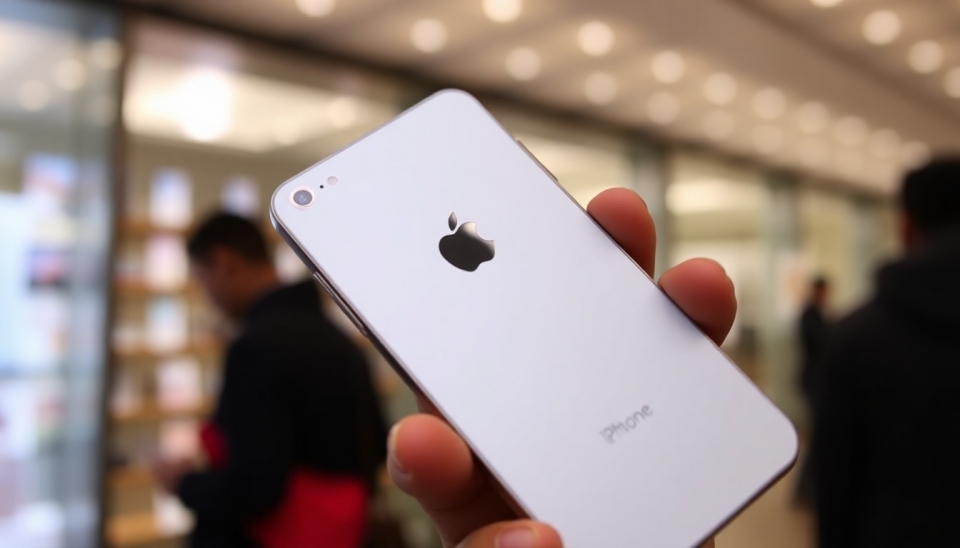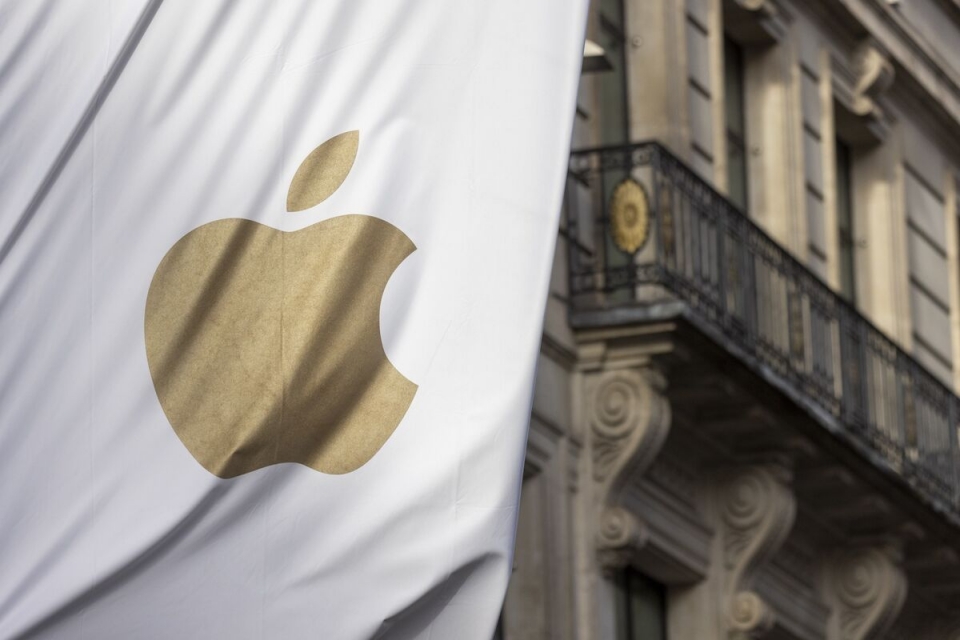
In a stunning turn of events, Apple has reported a sharp decline in its iPhone sales within the Chinese market, with figures plummeting by 18% during the crucial holiday quarter. This development is particularly concerning for a company that has heavily relied on China as one of its largest markets for revenue generation and product sales.
According to data released by the tech giant, the holiday quarter—typically characterized by a surge in consumer spending—has failed to provide the expected boost in iPhone sales. This downturn is indicative of a broader trend affecting Apple’s performance in one of the world's most competitive smartphone markets. Analysts suggest that several factors have contributed to this decline, including escalating competition from local smartphone manufacturers, changing consumer preferences, and adverse economic conditions impacting consumer purchasing power in China.
A closer look at the numbers reveals that Apple's slump in sales comes at a time when rival brands, such as Huawei and Xiaomi, are increasingly gaining ground. These companies have capitalized on their ability to offer high-quality smartphones at more competitive price points, making them an attractive alternative for budget-conscious consumers. As a result, Apple's share of the smartphone market has faced heightened pressure, particularly amid the influx of advanced models from Chinese competitors.
Furthermore, the decline in sales during the holiday season is compounded by the overall economic climate in China, which has been marked by slowing growth and rising inflation rates. Consumers are now more cautious about spending, leading to reduced discretionary purchases, including high-end electronics like iPhones. Market analysts have predicted that until there is a stabilization in the economy, luxury brands like Apple will continue to face headwinds in maintaining their sales figures in the region.
Apple's challenges in China are not just limited to sales figures. The company's reputation for innovation has also come under scrutiny, as many consumers express a desire for new features and advancements that rival brands are currently delivering. This stagnation in innovation could further alienate consumers who are eager for cutting-edge technology, which Apple has historically been known for.
Despite these challenges, Apple remains optimistic about its future in China. The company is expected to launch new products and possibly an updated marketing strategy aimed at rejuvenating interest among consumers. Additionally, Apple is looking to strengthen its ecosystem by focusing on services like Apple Music, Apple TV+, and iCloud, which may help offset the decline in hardware sales by providing recurring revenue streams.
As Apple navigates this turbulent landscape, industry observers will be closely watching the company’s next moves in an effort to reclaim its foothold in the rapidly evolving Chinese smartphone market. The future of iPhone sales in China will undoubtedly hinge on Apple's ability to adapt and respond to both consumer demand and fierce competition from local brands.
In conclusion, while the 18% drop in iPhone sales during the holiday quarter is alarming, it also serves as a pivotal moment for Apple to reassess its strategy in China—a market that has previously been a cornerstone of its global success.
#Apple #iPhone #ChinaSales #SmartphoneMarket #TechNews #BusinessTrends #ConsumerElectronics #MarketAnalysis #HolidaySales
Author: Liam Carter




